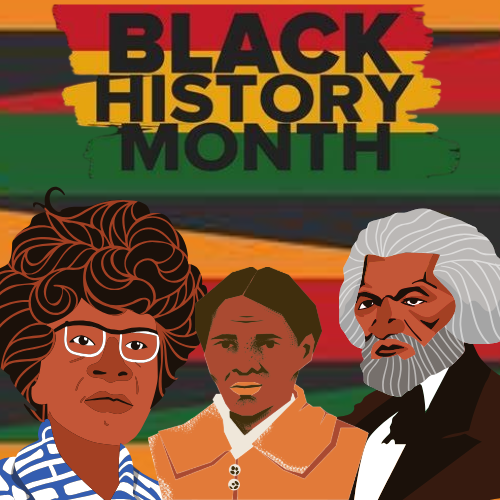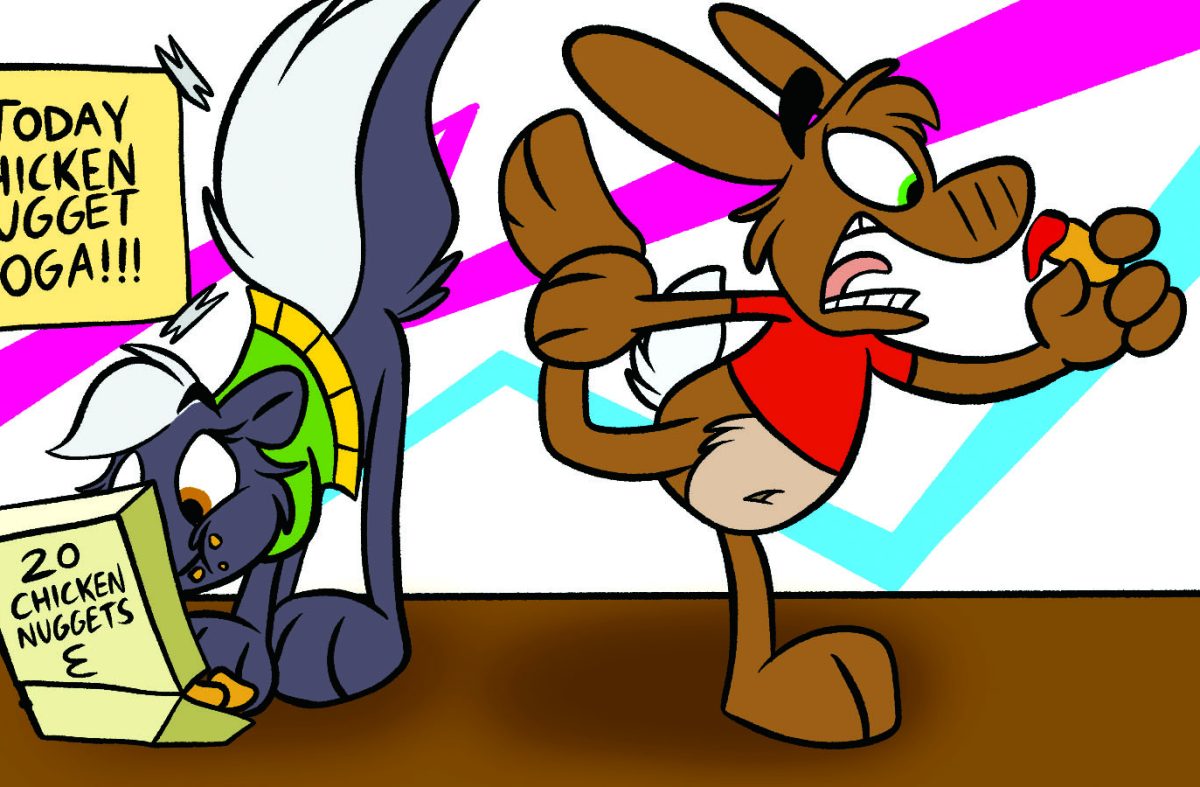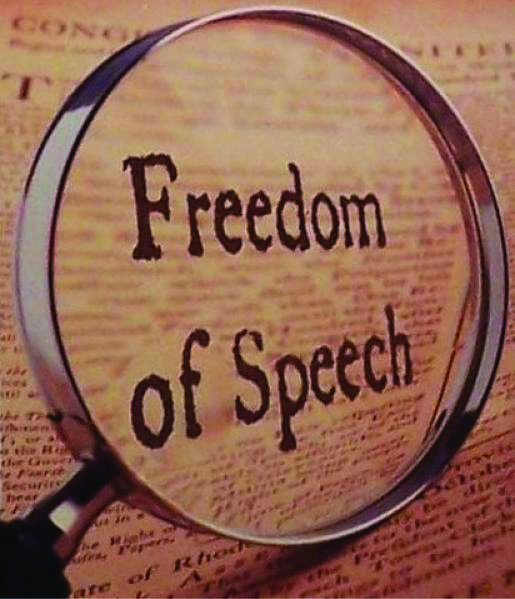Tar. Stained. Dark. Three words used with disdain toward Black people in America for centuries. As a Guinean-American woman, Black History Month oftentimes comes along with a sense of confusion and pride all in one. The acknowledgement of the achievements and contributions of Black people in the arts, sciences, culture, sports and more is celebrated during February.
Throughout the years, however, there has been backlash and divided views on who can celebrate Black History Month and its importance.

The origins of Black History Month were fathered by Carter G. Woodson, who set out to provide education about racial injustice, inequality and anti-colonialism during the 1920s. He designated the second week of February to be Negro History Week, which was a time to broaden the nation’s awareness on the history of Black people. The idea gradually gained more acceptance and, by the 1960s, Black History Month was born. It was officially recognized in 1975 by President Gerald R. Ford, stating, “With the growth of the civil rights movement has come a healthy awareness on the part of all of us of achievements that have too long been obscured and unsung.”
The reason why February was chosen as Black History Month was primarily because both Abraham Lincoln and Frederick Douglass’ birthdays coincide with the month. Lincoln was influential in the emancipation of enslaved people and Douglass was a prominent leader in the Abolitionist Movement, which fought to end slavery in the United States.
Forty years after Ford’s speech officially recognizing Black History Month, Barack Obama, the nation’s first Black president, delivered a Black History Month message from the very same White House that enslaved people built.
It is important to understand that Black History and American History are intertwined.
Black History Month provides a time to reflect on the collective efforts and experiences of Black people and how it has challenged, strengthened and grown the United States into what it has become today. Black culture and creations should not be boiled down to stereotypes or a compilation of greatest hits.
Brilliant. Strong. Determined.Three words that embody the true meaning of what it is to be Black.







